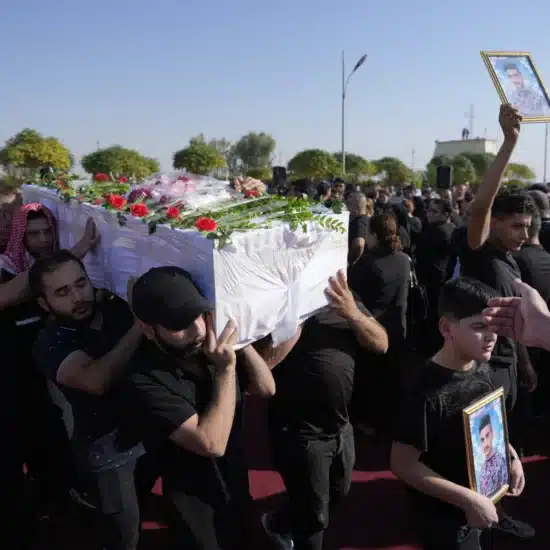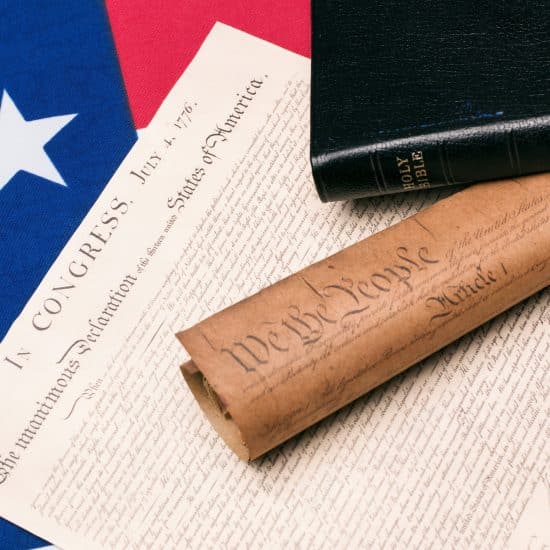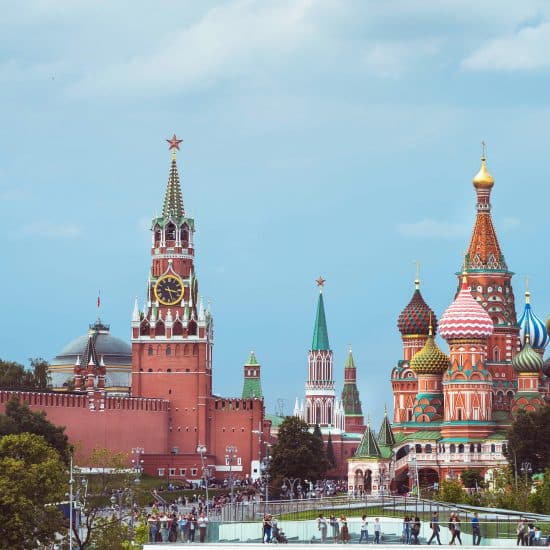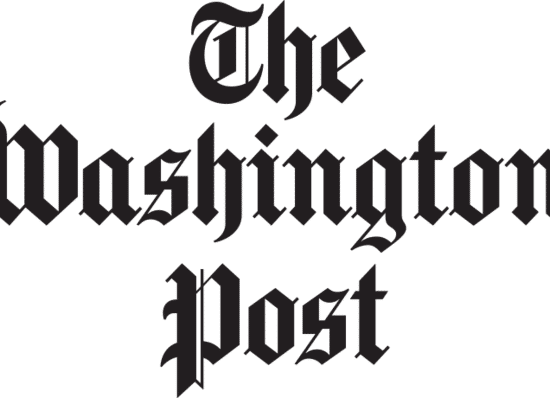WASHINGTON (ABP) — A bipartisan federal panel charged with monitoring religious-freedom questions worldwide blasted current and past administrations — Republican and Democratic alike — April 29 for under-emphasizing religious liberty in foreign policy.
In releasing its annual report, the independent United States Commission on International Religious Freedom (USCIRF) took particular aim at President Obama — for a perceived softening of his rhetoric on religious liberty and for failing to name an ambassador for international religious freedom.
The report also re-suggested the same 13 nations the panel recommended last year to the administration to be deemed “Countries of Particular Concern,” or CPCs, for particularly egregious violations of religious freedom. They are Burma, China, Eritrea, Iran, Iraq, Nigeria, North Korea, Pakistan, Saudi Arabia, Sudan, Turkmenistan, Uzbekistan and Vietnam
In addition, the panel named 12 nations to a “watch list” for countries in danger of crossing over into CPC territory under the terms of the 1998 International Religious Freedom Act, which established the commission. They are Afghanistan, Belarus, Cuba, Egypt, India, Indonesia, Laos, Russia, Somalia, Tajikistan, Turkey and Venezuela.
Critical of inaction
The report was highly critical of the three administrations — those of Obama, George W. Bush and Bill Clinton — that have operated since the panel came into existence for not doing enough to take advantage of its recommendations.
“USCIRF’s mandate is to delve into the human-rights ‘hot spots’ of the world where freedom of religion is being obstructed and trampled, and to offer policy solutions to improve conditions in that small but critically important point of intersection of foreign policy, national security, and international religious-freedom standards,” the report said.
“Regrettably, that small point seems to shrink year after year for the White House and the State Department. This is a deepening problem despite the fact that religious freedom should be increasingly more important as one of the core considerations in foreign policy and national security.”
For example, the report noted, neither the Bush nor Obama administrations designated as CPCs five countries the commission has repeatedly recommended for such status: Iraq, Nigeria, Pakistan, Turkemenistan and Vietnam.
In addition, the nations that have been deemed CPCs by the State Department have rarely received any additional U.S. sanctions as a result. Instead, U.S. officials have chosen to simply remain with sanctions already placed on those countries for other reasons — an option the law that created the designation allows, but one that USCIRF members say the State Department has over-used.
“Of the eight countries [currently] designated as CPCs by the State Department, only one — Eritrea — faces sanctions specifically imposed under IRFA for religious-freedom violations,” the report said. “While relying on pre-existing sanctions is technically correct under the statute, the practice of ‘double-hatting’ has provided little incentive for the other CPC-designated governments to reduce or end egregious violations of religious freedom. For these mechanisms to have any real impact on promoting religious freedom, the designation of an egregious religious-freedom violator as a CPC must be followed by the implementation of a clear, direct and specific presidential action.”
The commission also pointed out that the State Department has issued an indefinite waiver on taking action under the CPC designation against Saudi Arabia. Another CPC designee, Uzbekistan, remains under a temporary waiver for action. Both are U.S. allies.
“As a result of these waivers, the United States will not implement any policy response to the particularly severe violations of religious freedom in either country,” the report said.
Taking aim at Obama
More than a decade since the International Religious Freedom Act was first passed, the commission also noted, “the State Department either has not implemented or has underutilized key provisions of the law, leaving central aspects of the act unfulfilled. This is the case for both Democratic and Republican administrations. While President Obama has emphasized religious freedom in major policy speeches abroad, the administration to date has not demonstrated the intent to break from the practice of previous administrations.”
The panel pointed out that Obama’s State Department still — more than a year after the first USCIRF report since Obama took office — has not issued any CPC designations or named an ambassador-at-large for international religious freedom.
In addition, the report suggested Obama might be undercutting his initial rhetoric on religious freedom. It noted that, during high-profile speeches last year in Egypt and Turkey, Obama repeatedly used the term “freedom of religion”
But, since the speech in Cairo, the report noted, Obama has increasingly referred to “freedom of worship” — as has Secretary of State Hillary Clinton — in international speeches.
Although likely subtle to most Americans, the rhetorical shift has raised eyebrows in the religious-freedom community.
“This change in phraseology could well be viewed by human-rights defenders and officials in other countries as having concrete policy implications,” the commission said. “Freedom of worship is only one aspect of religious freedom, and a purposeful change in language could signify a much narrower view of the right [of religious freedom], ignoring for example, the components of religiously motivated expression and religious education. This is not the message our nation should be sending to the world’s religious-freedom abusers.”
White House spokesmen denied that the shift signifies any change in U.S. policy.
-30-
Rob Marus is managing editor and Washington bureau chief for Associated Baptist Press.
Read More
Full text (in PDF format) of the 2010 USCIRF Annual Report
Previous ABP story:
Religious freedom panel adds Nigeria to list of world's worst violators (5/1/2009)






